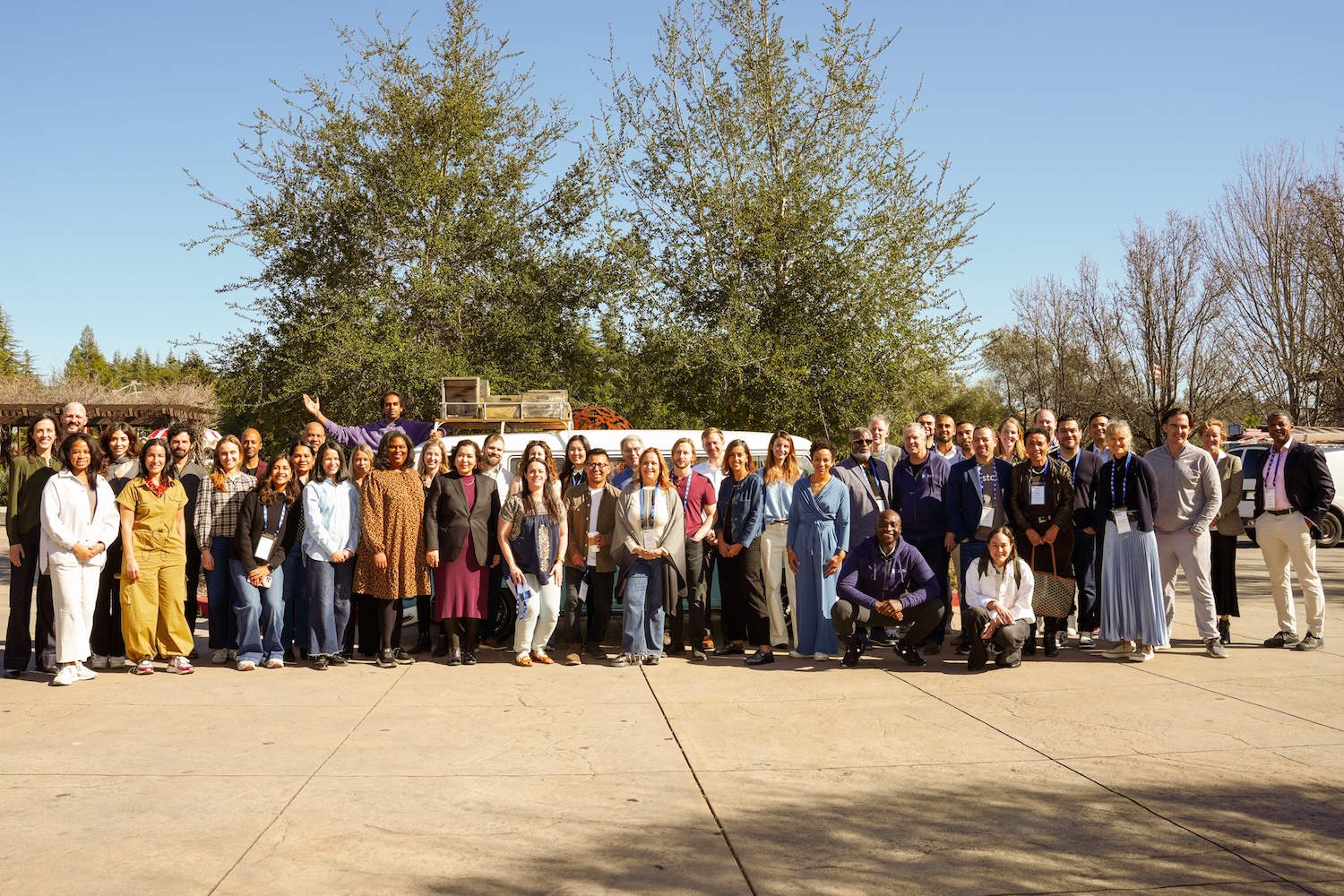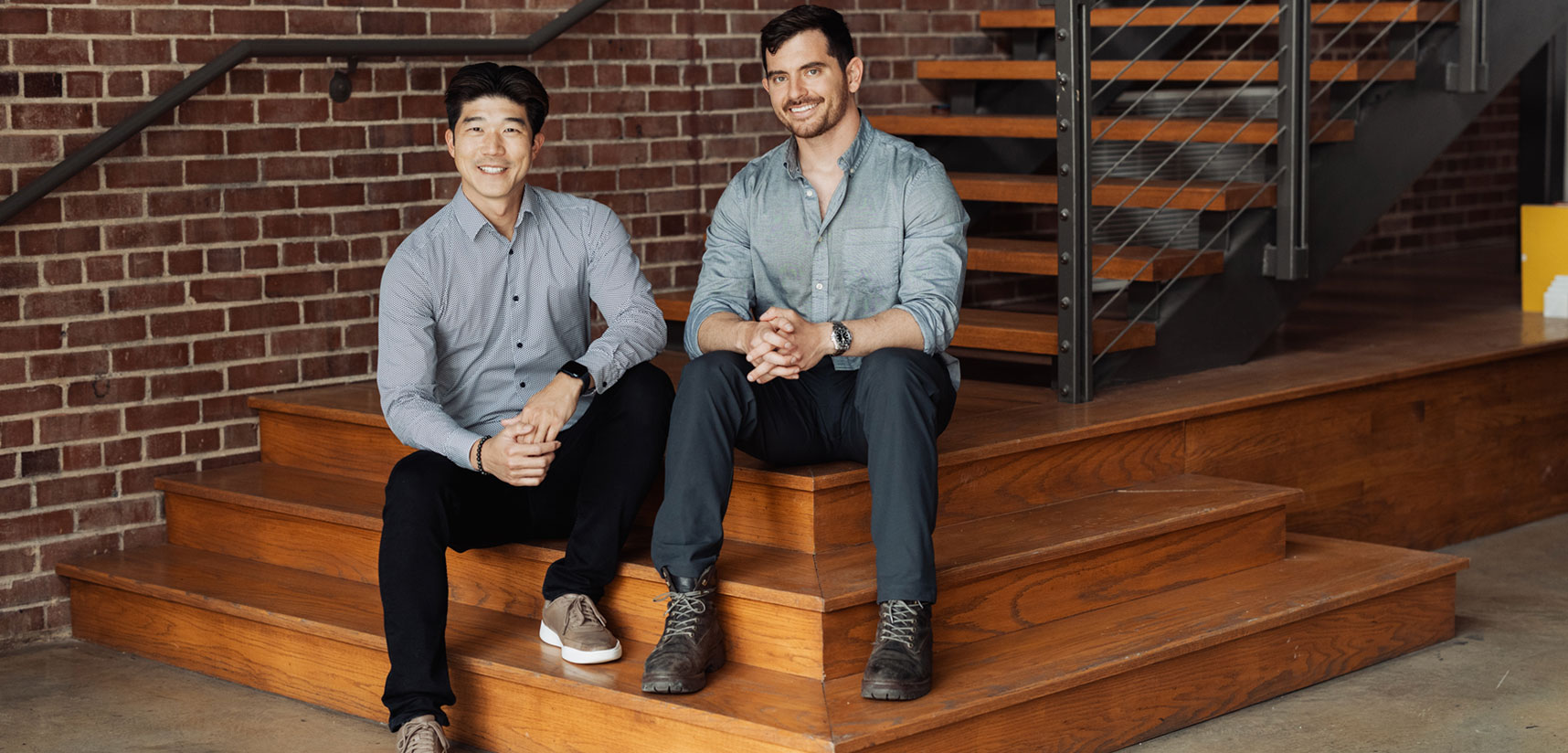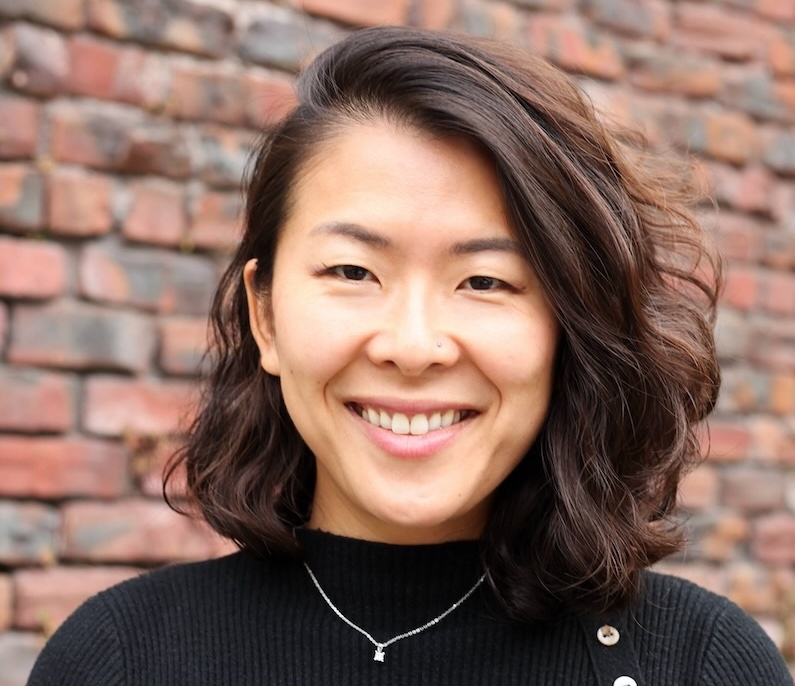Boulder Care's peer recovery coaches bring their experience and training to bear in supporting their patients self-defined recovery goals, with their needs, cultures, and traditions at the forefront. Here's how.
Casey DenAdel is a peer recovery coach at Boulder Care, where she works with patients in treatment for substance use disorders (SUDs). She is consistently referenced in patient feedback for her empathy and ability to build trust. In addition to her training, Casey brings to bear her own lived experience overcoming a SUD. Originally from Petersburg, a small town in southeast Alaska, she now lives in Juneau with her two sons.
In Alaska, getting the recovery help and resources you need is super difficult. Location plays a big part. In the smaller and remote Southeast towns near where I grew up, it's really hard to find anything.
Up north, it's all connected so there's more treatment facilities that people can get to. But for the smaller Southeast towns, people send their loved ones here to Juneau. Ketichikan doesn't have anybody. Petersburg doesn't have anybody. So they all come here to Juneau. And, even though it's the state capital, there's limited resources for recovery.
The geography makes it difficult. When somebody with a substance use disorder says, “Okay, I'm ready. I need treatment now,” that's a hugely important and urgent moment. And in these remote and indigenous villages, that makes it really hard. You have to travel. You have to have the resources to travel. You have to be able to take the time off work.
It's not just the difficult logistics of geography, there's another dimension that adds additional challenges to treatment and recovery: race and stigma. When I talk about racial inequities in Alaska and in recovery care, it's usually Alaska Natives who are disenfranchised. Our Indigenous people are the ones that get persecuted for their culture and their beliefs.
There's always been lots of stigma in the smaller indigenous villages around alcohol use disorder. We really need to break down a lot of those barriers that they've had to come up against. And it's super hard to do. We have a lot of dry villages here in Alaska, where there's no alcohol, but it's still easy to find and it still gets brought in. This is rooted in the intentional and systemic violent colonization, genocide, removal, and forced assimilation of Alaska Natives. Given the history, it's a really touchy subject, but it all comes back to treating the Indigenous people with respect and care.
At Boulder Care, we work to understand the people we serve based on where they are geographically, and also with respect for their culture and their traditions. We want to be respectful of who they are as a people and a community. It's important that they carry on their traditions. We don't want to come into a group and assume anything. We want to be flexible. We want people to get the care and help they need and deserve.
There's also the age-old stigma around recovery. It needs to be the norm, out in the open, instead of being hidden in the shadows. Recovery is all about connection and community. Treatment should be easily accessible and seamless.
Peer recovery coaching can provide some of that community. As a peer recovery coach I'm able to help, at least a little bit. I've been through it. I know what it's like. I can walk with a patient—I really do think of them as my peers, my people—through the recovery process. Talking to someone who knows that there isn't just one pathway to recovery, there is not just one way to get where you need to be. It's really refreshing and feeds the spirit, knowing you're not alone.
It's the future of recovery care.
Over 10 percent of Boulder's patients identify as American Indian, Alaska Native, or Hawaiian Native, compared to less than 3 percent of the overall U.S. population.





